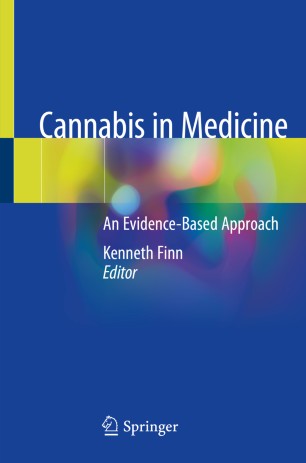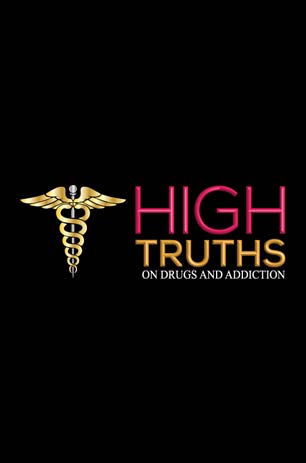Varied Presentations of Pediatric Patients With Positive Cannabinoid Tests
Cannabis (marijuana) is one of the most abused drugs worldwide. The past decade has seen an increase in the legalization of cannabis for both medicinal and recreational use. As of June 2021, 36 states allow the use of cannabis for medicinal purposes, and that number is expected to increase with additional states considering legalization in


